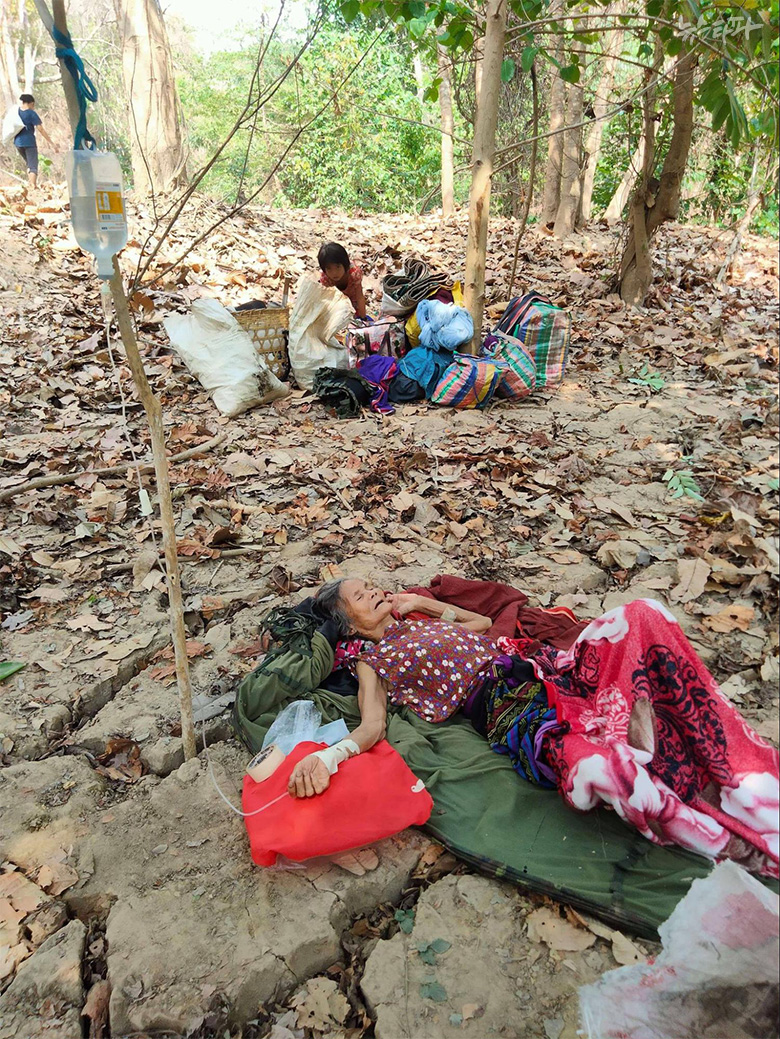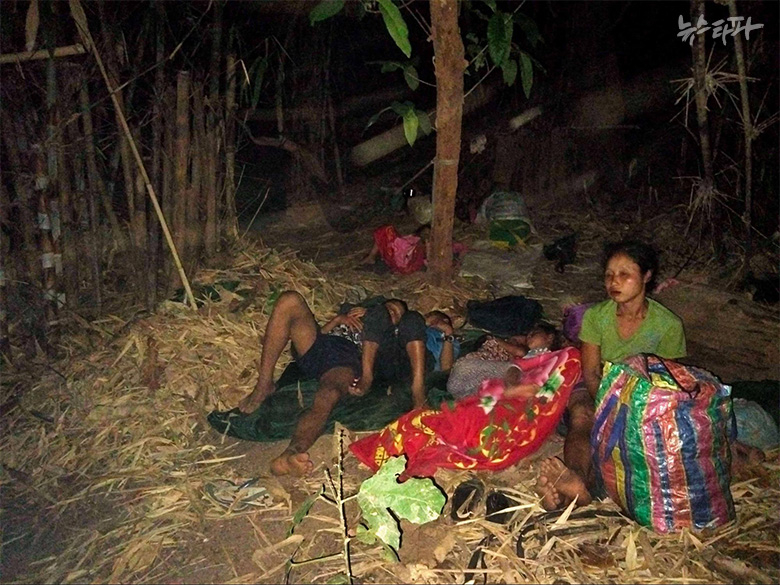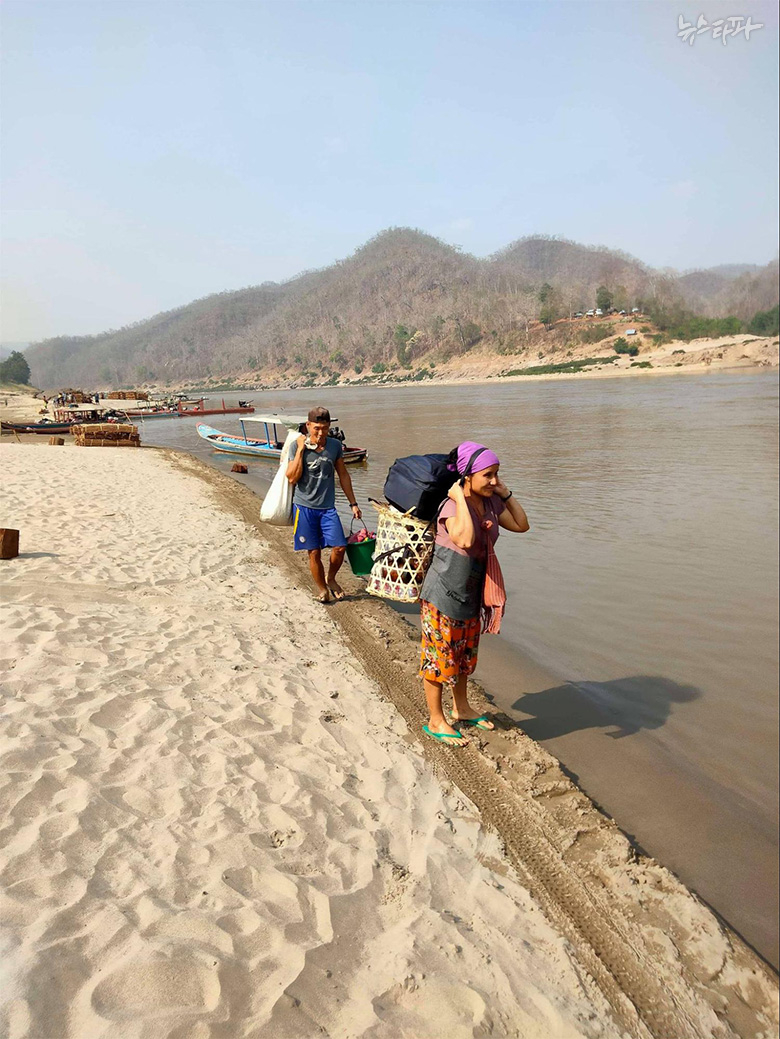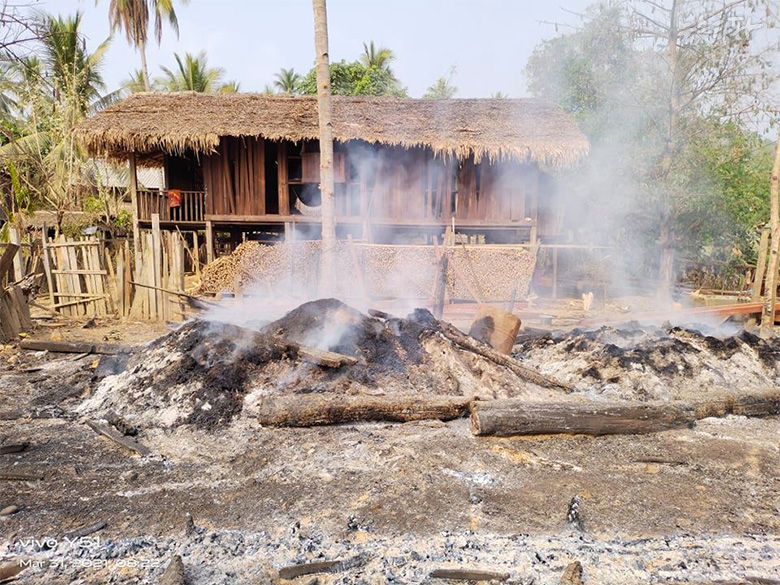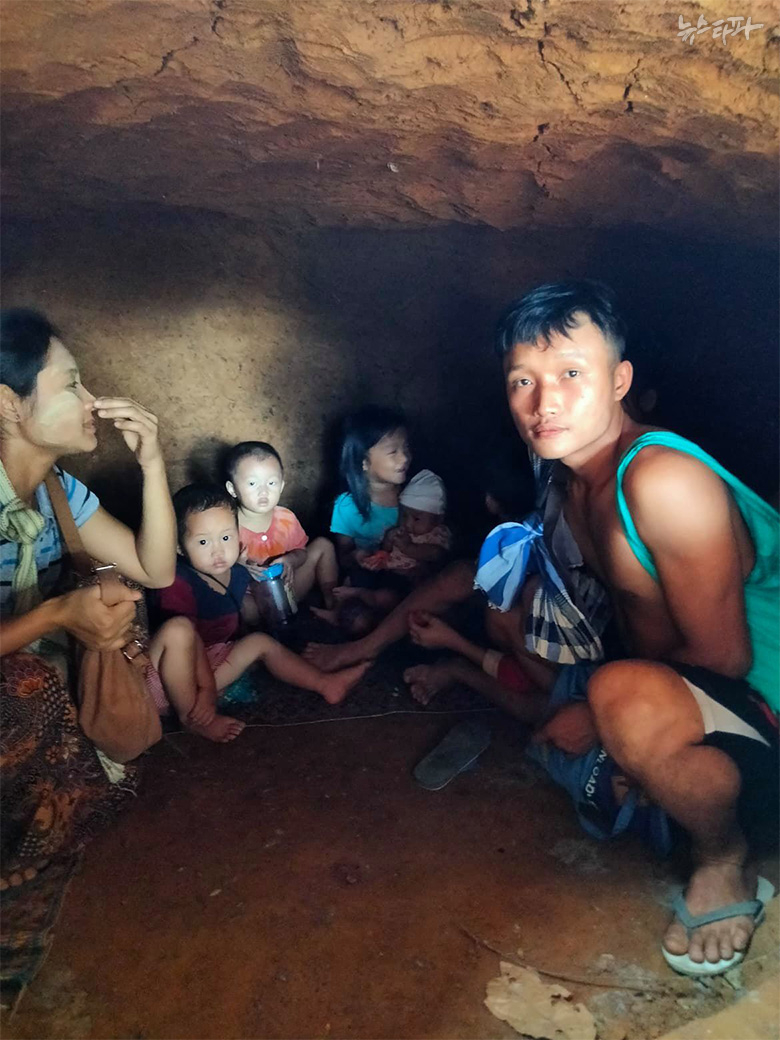Meanwhile, fighting also reported between Burma Army and ethnic Kachin rebel, Kachin Independence Army (KIA) in northern Burma, forcing hundreds to flee home. There are more than 12,000 villagers who have been internally displaced due to military activities in Karen State since February, according to relief group, Free Burma Rangers.
